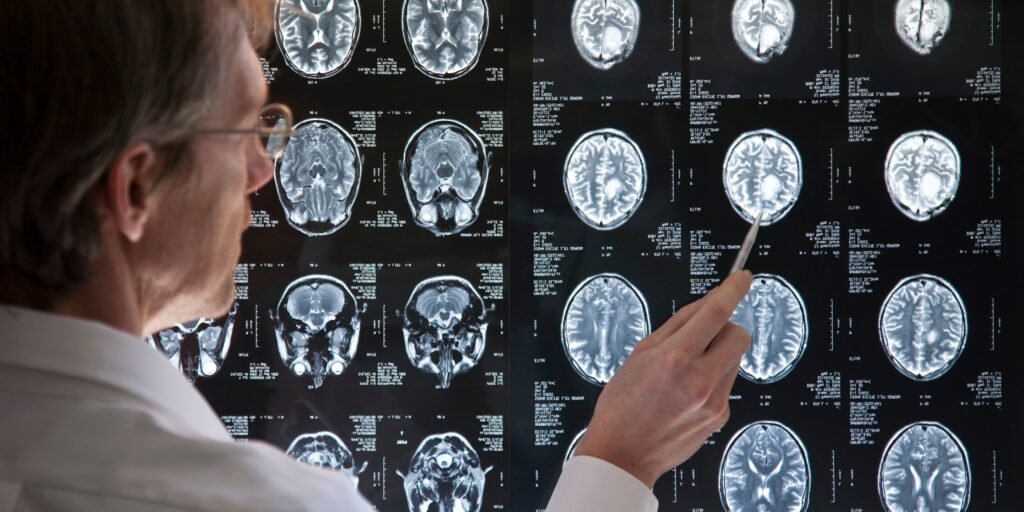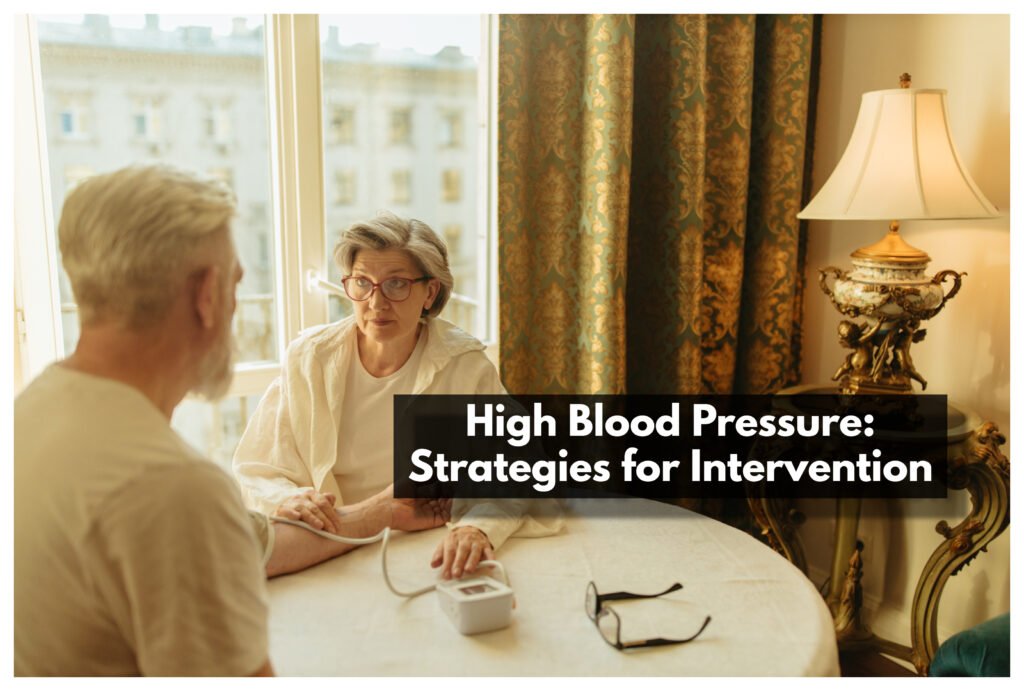One MRI, One Snapshot — and Insights Into Your Aging Journey

Last Updated on July 5, 2025 by Rose Ann
Researchers at Duke, Harvard, and the University of Otago have created DunedinPACNI, a “mid‑life MRI aging clock” using just a single brain scan—typically around age 45—to reveal how fast your brain is biologically aging and flag future risks like dementia, frailty, stroke, or heart attack.
This isn’t just another doctor’s date — it’s a wellness wake‑up call. DunedinPACNI analyzes brain structure to uncover early signs of accelerated aging, revealing elevated dementia risk, shrinking of memory-critical regions like the hippocampus, and signs of frailty, heart disease, stroke, and even mortality risk .
A team from Duke, Harvard, and the University of Otago trained it using decades of data — including hundreds of biomarkers such as blood pressure, lung performance, cholesterol, and even gum health — recorded at age 45. Compared with past “aging clocks,” this one tracks your actual rate of aging, not generational differences.
Highlighting its real-world power: people identified by DunedinPACNI as aging faster had a 60% higher risk of dementia and earlier memory issues. They also saw more rapid hippocampal atrophy, more chronic health conditions, and even an increased chance of dying within a few years.
It’s captured well by this quote from lead researcher Dr. Ahmad Hariri:
“The way we age as we get older is quite distinct from how many times we’ve traveled around the sun.”
As global populations age, tools like DunedinPACNI offer hope — early detection means early action. Knowing your brain’s aging pace could motivate healthier habits before noticeable decline sets in. And because the system works well across age, race, region, and income, it promises to address disparities too.
That said, it’s not yet bedside-ready. Researchers are now working on creating reference charts (like those for height or BMI) and gathering more MRI data for broader use. In short: your brain can tell its own aging story — and DunedinPACNI is listening. For those approaching or entering retirement, this could be a game-changer in staying sharp and healthy.
Want all the details? Check out the full: Scientists Can Tell How Fast You’re Aging From a Single Brain Scan, DunedinPACNI estimates the longitudinal Pace of Aging from a single brain image to track health and disease. Explore them to discover how your next brain scan could be more than just a picture — it could be your health’s crystal ball.





